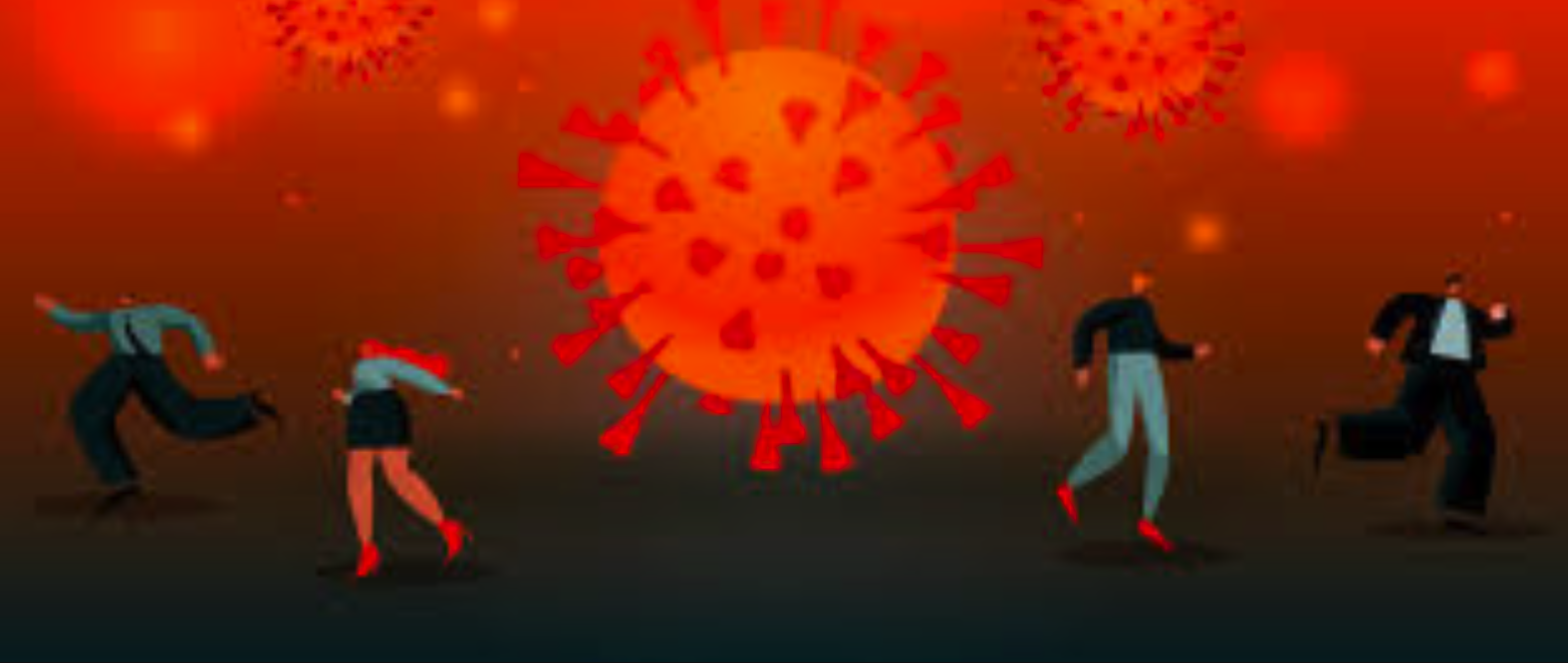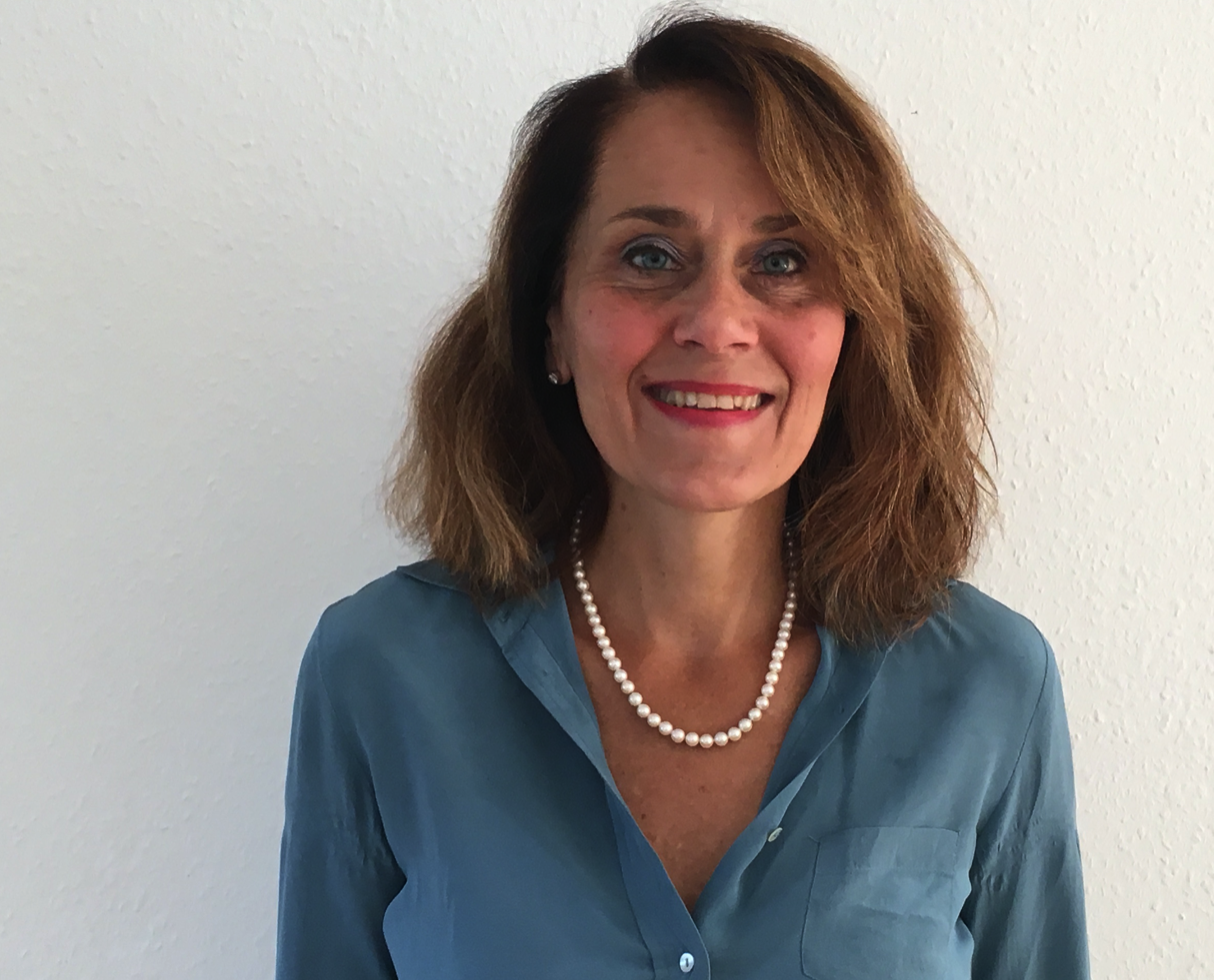
Our sheltered space at risk - our sheltered space a risk?
by Lisa Werthmann-Resch
We all, as citizens and as psychoanalysts, are concerned with the changes and consequences resulting from the Covid-19 pandemic. These changes have also entered our psychoanalytic societies and consulting rooms. They relate to the planning of our conferences and committee meetings, the progress of our candidates’ training, but also the way we are handling our patients and our setting with regard to the form of the contact under the hygiene conditions to be observed.
In the meantime, the media and the press are increasingly publishing messages that point to the economic, sociopolitical and psychological effects of official measures concerning contact reduction, curfew and quarantine. The media have become more aware of the psychic dimensions of our current situation.
As psychoanalysts, on the fundament of our training and identity, we listen to the worries we are being told with a "third ear". We can, even if they should be reactively reinforced by the effects of external reality, reflect on and work with the inner content of expressions of fears, constraints, depression, resignation, aggression, traumatisation of groups or individuals.
Even in these times of massive impact of external reality on everyday life, our psychoanalytic standards - foremost our interest and desire to understand unconscious relations within a trusting, discretion-based psychotherapeutic dyad - remain applicable. It is a special challenge to treat our patients with patience, level-headed attentiveness and readiness to accept, as usual, when framework conditions and rituals change unavoidably, and when analysts and patients alike experience unforeseen uncertainties.
The sudden lack of a handshake when greeting and saying goodbye, as well as other hygiene measures, change the familiar space of communication and meeting between analyst and patient. This space, which is actually a shelter, can now be experienced as a danger zone in which the patient could infect the analyst, or the analyst could infect the patient. Beyond the reality level, the unconscious layer of this “contagion fear” within transference and countertransference can be explored. The realistic fear, which has an important protective function in a realistic assessment of the risk of infection, may - e.g. due to a hidden unconscious conflict or unconscious narcissistic dynamics - lead to an increase of irrational fears and their forms of defense.
In order to avoid the danger of inner uncertainty and inner diffusion, there can be increased processes of securing self-borders.
The separation of analyst and patient in the treatment room, which is now used in many practices, through the use of digital settings also requires a special reflective attitude. Some patients react with feelings of discontinuity and an increased need for protection with regard to the time and place when the usual sensual-personal contact in the therapy room is replaced by video consultation hours.
Other colleagues decide to continue seeing their patients in their consulting rooms in compliance with the specified hygiene conditions.
The confrontation with one's own physical infirmity and that of the other person, sometimes leads to an increase of defense of anxiety in the treatment, but also to the opposite: to a suspense of megalomania and an understanding of aspects of vulnerability and finiteness.
For many patients, confidence in their ability to act and to influence what happens is shaken. Archaic fears and fantasies may currently be revitalised. On the other hand, the desire for a potent figure that decides right and wrong is intensified.
In some other patients, especially younger ones, there is a psychic withdrawal into dependence and resignation. This often happens with regard to their own efforts for autonomy due to the current loss of the peer groups that are so important for their own identity formation.
The changes in contact behavior and their effects are also noticeable within the relationships between supervisees and training analysands and their supervisors and training analysts.
With the current developments and the risk assessments of the pandemic changing daily, there is growing irritation and concern about being left alone with the uncertainties.
All these are aspects of intrusions of real threats into the space of analytical thinking and working.
We need a collegial exchange with each other on these and other aspects of the current Corona crisis with regard to our work, including reflections on remote analysis, trauma research, psychosomatics, etc. and we can be grateful for having the space for this exchange on the IPA website (
https://www.ipa.world/IPA/en/News/coronavirus.aspx).
Translated from German by Angela Mauss-Hanke
 Lisa Werthmann-Resch
Lisa Werthmann-Resch is a German psychoanalyst and Vice President of the German Psychoanalytic Association.
She was born in Freiburg in the southern part of Germany and studied psychology at universities in Mainz and Frankfurt. Following her studies, she worked as a psychologist in a child- and adolescent psychiatric clinic in Marburg. Marburg, an ancient small town in central Germany, has been her hometown since.
She was trained as a psychoanalyst and child- and adolescent- psychotherapist at the psychoanalytic and psychotherapeutic Horst-Eberhard-Richter Institute in Giessen. She has been Deputy Institute Director and Head of the local training committee at Horst-Eberhard-Richter Institute.
For 20 years she has been working in her private practice as a psychoanalyst and psychotherapist for adults, children and adolescents.
Lisa has published on psychoanalytic film interpretation, on institutional division processes and on the psychodynamic of ‘seeing and being seen’.